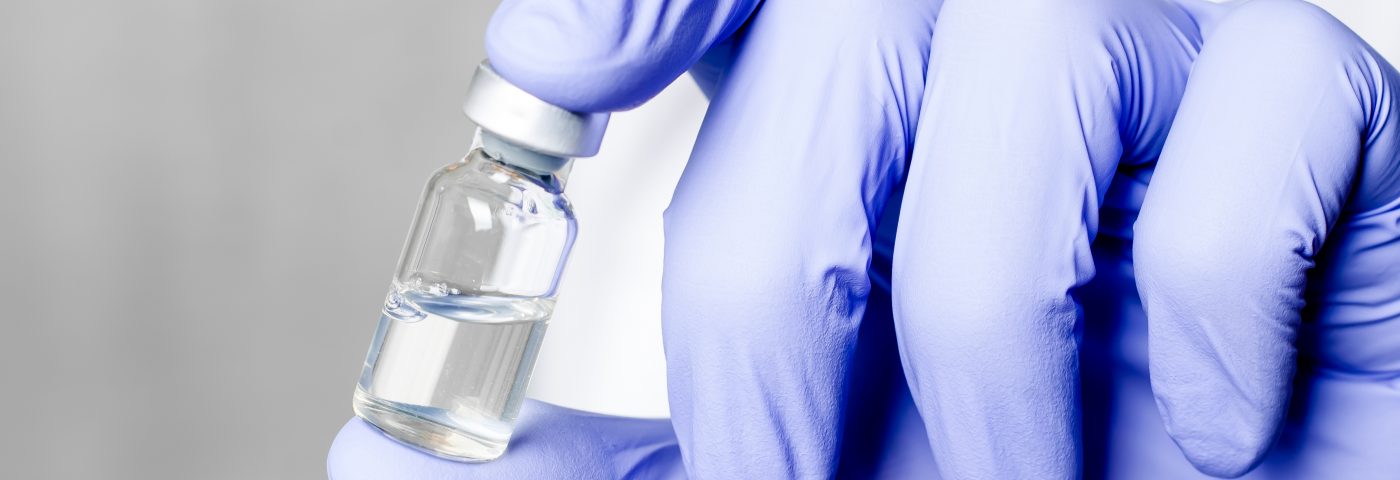Brazilian regulatory authorities have approved a Phase 2 clinical trial to evaluate gerilimzumab, a new antibody against the IL-6 cytokine, as a treatment for rheumatoid arthritis (RA). The protocol was developed specifically for patients in that country, and marks a “first of a kind” clinical program.
“A challenge of developing novel therapeutics in markets such as the U.S., where the therapeutic landscape is more mature and most patients are already being treated with the first, second or even third biologic, is that the standard of care is not as relevant and the patient population of interest is not as available,” said Paul Grayson, CEO of Bird Rock Bio, in a news release. Bird Rock Bio is sponsoring the study in collaboration with Techtrials International.
“The largest medical need in RA outside the U.S. is still affordable access; however, a therapeutic with low, infrequent dosing and low cost of goods, such as gerilimzumab, also requires a creative clinical development strategy. Working with global leaders in RA … we were able to design a thoughtful clinical protocol to address the needs of the patient, ethics committees, and regulatory agencies of Brazil,” Grayson added.
The randomized, double-blind study (NCT02795299) plans to enroll 200 patients (at 25 sites in Brazil) who have shown inadequate response to methotrexate (MTX) or TNFα, common therapeutic agents for RA. In a contrasting mechanism, gerilimzumab targets IL-6, which is well-known for its role in RA and a number of other diseases, including diabetes, Alzheimer’s disease, lupus, heart disease, and multiple types of cancer.
The protocol is designed to examine effective initial and maintenance dosages. Three treatment regiments will be used and compared to MTX controls: 1) 20 mg subcutaneous (SC) loading dose, followed by 10 mg maintenance dose every eight weeks; 2) 10 mg SC loading dose, followed by 5 mg maintenance dose every eight weeks; and 3) 5 mg SC loading dose followed by 2 mg maintenance dose every eight weeks. All three groups will be administered concurrent dosages of MTX and folic acid.
Disease activity will be measured using standards for RA over time, such as disease activity score (DAS28) and the American College of Rheumatology (ACR) 20 response, evaluating the number of patients showing 20% improvement in tender and swollen joints.
Gerilimzumab has a high potency and long half-life, so patients likely would benefit from less frequent dosing and a lower cost. Bird Rock estimates, on its website, that an RA patient uses current treatments 26 times annually, with a cost of up to $30,000 per year. With gerilimzumab, it believes those figures can drop to six treatments per year at a cost of $2,000 per patient per year.
“With more than 20 million rheumatoid arthritis patients globally, many of whom do not have access to the most advanced therapies, gerilimzumab represents a tremendous opportunity for innovation to provide affordable access to a best-in-class therapy worldwide. This could save healthcare systems around the world billions of dollars in the future,” Grayson concluded.


